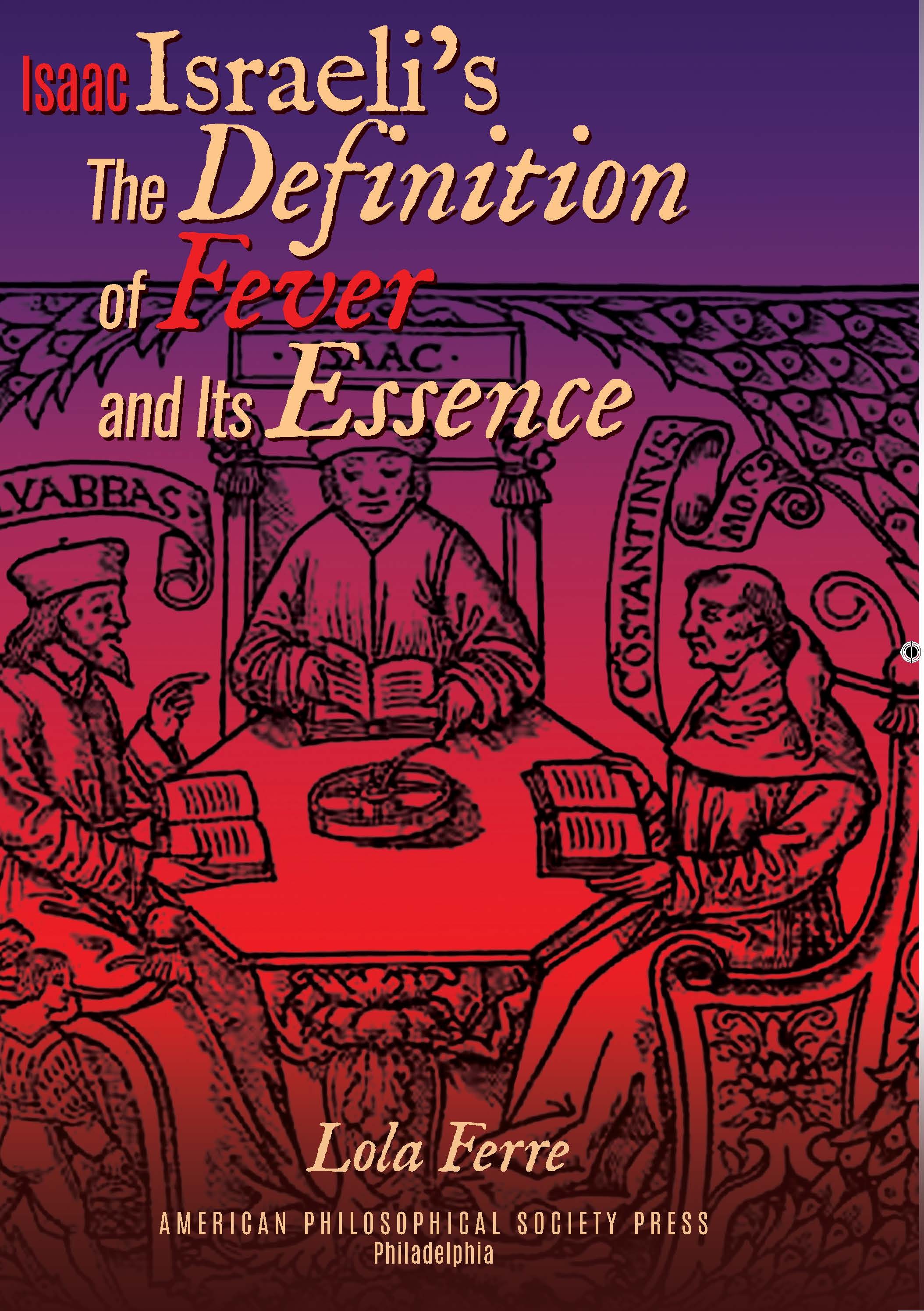Isaac Israeli's The Definition of Fever and Its Essence

Isaac Israeli (ca. 855–932 CE, Kairouan) was part of the first generation of authors who began to build a legacy of medical and philosophical knowledge based on Arabic translations of Greek writings and on their own experience. Isaac Israeli wrote at least three medical monographs, among them the Book on Fevers, which is composed of five treatises. The first of these, entitled Book on the Definition of Fever and Its Essence, is the subject of this work. In his book, Isaac Israeli writes about fever more from a philosophical than a medical point of view and this is what makes the Book on the Definition of Fever and Its Essence such an exceptional work.
The success of Isaac Israeli’s medical book is a notable example of the transfer of science from the East to the West. Translations of Isaac Israeli’s medical books became compulsory reading in most European universities during the Middle Ages. Moreover, this transmission phenomenon increased when Jewish communities in Europe became aware of and interested in this literature and translated it into Hebrew, as well as when the vernacular languages started to play a role in medical literature. This particular text was translated into Latin, into Hebrew twice, as well as into Old Spanish.
Isaac Israeli is a key figure who deeply impacted medieval medicine through the birth of a rich corpus of philosophy and, especially, of medicine, who explored the interaction between philosophy and medicine, translated this Greek-Arabic medicine from Arabic into Latin and other languages, and influenced the rise of Jewish authors, whose use of language was conditioned by the Islamic or European Christian environment.
Professor Lola Ferre (University of Granada) has devoted her academic career to the study of Hebrew medical texts from South Europe written during the Middle Ages in both Muslim and Christian environments. She has published the critical editions, with Spanish and English translations, of the Hebrew version of some medieval Christian authors’ books (Arnau de Vilanova, Armengaud Blasi, Johannes de Parma, and Bernard de Gordon) as well as Jewish and Muslim authors of the medieval Arabic-speaking world such as Maimonides, Avicena, and Isaac Israeli. Professor Ferre has paid special attention to the phenomenon of transmitting knowledge through translation from and into different languages (Arabic, Latin, Hebrew, and vernacular languages) and the creation of a medical language in medieval Hebrew.
